CHANGING THE NARRATIVE: FEMALE FILMMAKERS INITIATIVE CREATES SAFE SPACE AND POWERFUL STORIES
By Olivia McWain
One of Alex Thompson’s earliest memories is eagerly riding in the back seat of her parents’ car as her dad drove the family to Pittsburgh. There, she was going to audition to be on the children’s television show “Barney & Friends.”
Left to right top row: Lacie Warren, Genna DiPippo, Alexandria Thompson, Olivia Vansickle; bottom row: Autumn See, Julianna Anderson, Cress Waldrop
Alex, a recent 1895 Films intern, always knew she wanted to work in the film and television industry. When she was just a kid, she would have her dad record her on the family’s video camera acting as whatever character she felt like that day, or pretending she was the star of a commercial.
Those aspirations led to her interest in the production side of the industry, and her search for the best way forward landed her in Kent State University’s Digital Media Production program – the first step in working toward her hopes and dreams.
During her sophomore year, Alex heard about KSU’s Female Filmmakers Initiative from a fellow student and was quick to join. The student organization aims to uplift women and non-binary filmmakers by telling female-led stories from a female perspective and creating a safe space.
Alex now holds the title of the group’s creative director.
“Obviously because the film industry in itself is very male-dominated – and unfortunately, that still is applicable to even just going to schools and studying film – it’s really nice because while we do focus on putting out projects, it’s still a safe space for all of us to just even, like, talk about whatever’s going on in our classes,” Alex said.
The organization started out focusing on creating documentaries, but as it’s grown, it’s begun producing narrative projects.
During a high school class’ field trip to KSU’s College of Communication and Information – in association with the Ohio Scholastic Media Association, a program that brings high school students to colleges to tour and hear presentations about media programs – the FFI gave a presentation about representation and diversity in the film industry.
“There were three high school girls that came up to us afterward. And they were talking about how they felt so seen and just how they really admired us and they’re thankful for us giving the presentation, just because it was a subject that they were really interested in, just they didn’t feel as though there’s a space for them to talk about it,” Alex said.
“To know that even though this is just a Google Slides we put together, it is still leaving an impact on other people. It’s nice knowing that, like, maybe in the future, a new incoming freshman will watch the story [films created by FFI] and feel very similar feelings that the main character did and find it relatable.”
The film and television industry continues to be male-dominated. A study by San Diego State University’s Center for the Study of Women in Television and Film concluded that women made up only 22% of all writers, directors, producers, executive producers, cinematographers, and editors with roles in the 2023 year’s 250 top-grossing films. In 2022, that number was 24%.
It’s important for aspiring female filmmakers to have successful influences. Alex cited Ava Duvernay, Issa Rae, and Karena Evans as her biggest inspirations, all of whom happen to be black women.
“It’s just nice being able to see a piece of myself in them and in their work. So I think it’s really inspiring just to sort of see them pave the way for other black female filmmakers. And to really just prove that we can get stuff done. We can make some really cool projects.”

